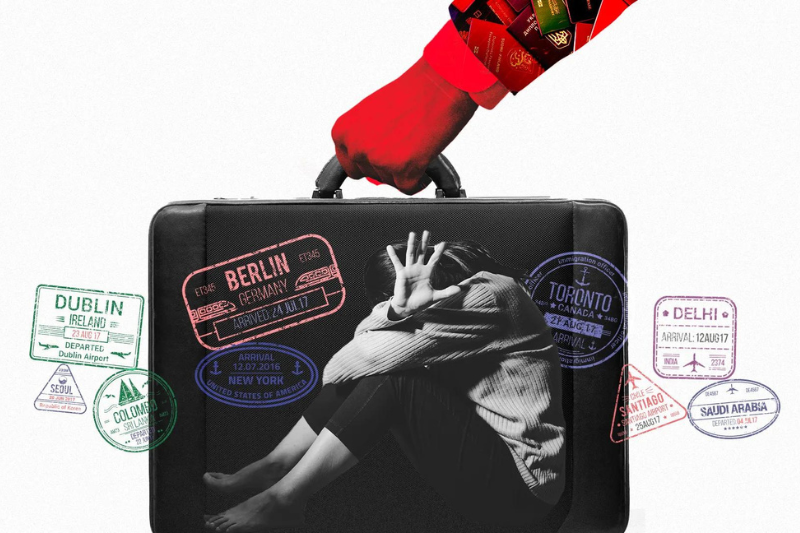

diplomats get away with exploiting and abusing domestic workers report
Many migrant workers across the world experience abusive working conditions and harassment, but what comes as a surprise is that even diplomats and high-office holders exploit them.
A recent report by Rappler highlighted that diplomats have been accused of wage theft and abuse of domestic workers. It said 79 percent of the allegations involved wage theft, excessively low wages, or not paying at all. The report stated that Philippines and Saudi Arabia face the most number of allegations of wage theft.
The case of two Filipino domestic workers Rosario and Virginia, and their abusive diplomat employers has come into the spotlight. Jean Pierre Garbade, the domestic workers’ lawyer, believes there shouldn’t be any excuse. “They could live without domestic care, but they want it.” Rothna Begum, Human Rights Watch senior researcher for women’s rights in the Middle East and North Africa, said if diplomats can’t afford to pay domestic workers, then they shouldn’t hire them. “They cannot just pay them what they want, which is usually a pittance.”
The Vienna Convention empowers state envoys and officials of international organizations varying levels of diplomatic immunity, and limits redress for domestic workers exploited by diplomats. Diplomatic immunity maintains the delicate balance between political agendas and foreign policies among countries.
Sophia Wirsching, managing director of Berlin-based Nationwide Coordination Circle Against Human Trafficking (KO), said “diplomatic immunity presents both a protection and prosecution gap for migrant domestic workers. “”Because of the principle of immunity, cases have to be dealt with outside the norms and laws that usually apply. “
Lea Rakovsky, project coordinator for Ban Ying, a migrant women’s rights NGO, highlighted that when they are successful at getting the diplomat concerned to come to the table, it’s often tense and awkward. She said the diplomat usually doesn’t care. “They despise the worker, they despise us. they act like they are above everything.” Rakovsky shared that there has never been an instance where the worker was paid the entire amount owed in back wages.
One NGO believes the sending states are complicit because they protect their diplomats, they help extricate their diplomats, and they refuse to waive immunity for their diplomats. They also make it impossible to collect on judgments when there is a judgment in favor of the worker.
In December 2024, the UK government issued a Technical Capability Notice (TCN) to Apple, requiring the firm to create a…
CrowdStrike Holdings Inc, an Austin, Texas-based cybersecurity company has announced it will lay off about 500 employees around the world,…
The union representing the Samsung India Workers' Union (SIWU), which is affiliated with the Centre of Indian Trade Unions (CITU),…
There has been a dramatic change in Florida's workers compensation landscape. Recent legal reforms to improve access to care and…
In a major blow to university research, Columbia University announced on Tuesday it is laying off 180 staff whose jobs…
In a controversial plan, The Trump administration is considering deporting migrants to Libya by U.S. military flights, three U.S. officials…
This website uses cookies.
Read More